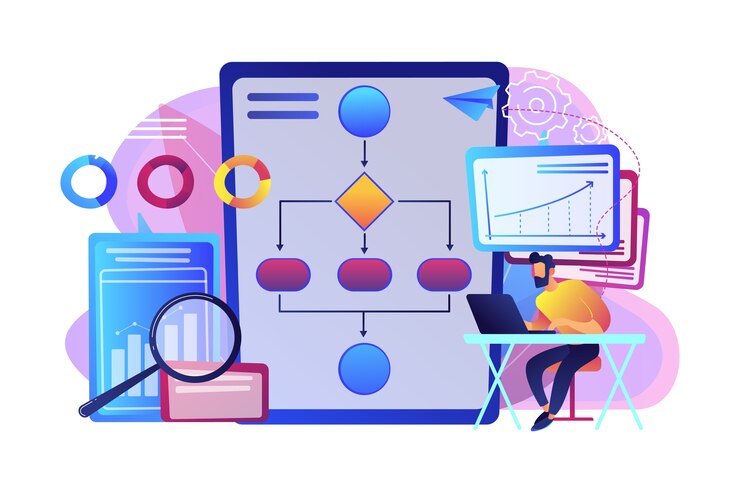How is the impact of AI in Private Equity Industry?
Private equity firms are using technology to reap many benefits as they struggle in the daily management of their portfolio organizations because of a lack of access to quality real-time data. This is because they depend on traditional processes of data reporting and manual analysis, mainly through Excel spreadsheets or similar.
These methods are considered old enough when compared to the processes used by competitors, meaning Private equity industry that are not digitized have a chance to suffer when it comes to reporting financial performance, KPIs, timely analysis on portfolio organizations, business drivers, environment, sustainability, and governance (ESG) reporting, and tax and financial statement automation.
Developing a strategy for how data is governed — mainly with regards to the ways information is acquired, stored, analyzed, and reported — is essential in ensuring these problems are addressed and a data-driven environment for portfolio monitoring is formed.
The Private equity Industry uses these types of technologies to host on a cloud data platform such as Azure or AWS with integration of analytics platforms like PowerBI.
AI in private equity
Artificial intelligence (AI) was interesting to people who followed wanted to make big in their careers in private equity. As its impact in this industry leads to better growth and productivity.
AI in private equity has a game-changing effect and many private equity firms are in that group. Several PE firms have already adopted AI’s potential perks such as, from data management to outreach methods many PE firms are using it effectively in a growing list of ways.
Ways Firms Are Using AI
Major ways AI in private equity is ideal:
- Back-office processes — Private equity Industry is leaving the manual processes and utilizing the AI to finish the repetitive works faster, precisely, more accurately, as well as cost-effectively. And as a result, they’re freeing back-office staff to work on more essential tasks.
- Screening — Screening for potential targets is other space where a lack of analysis ability is causing problems in how PE firms approach their work.
- Portfolio monitoring — Focusing on portfolio organizations is a labor-intensive task. However, AI can complete this work within seconds what used to take hours.
- Target identification — While target identification should be done by humans and their knowing of the nuanced interplay of various different aspects, PE firms can leverage AI to quantify and narrow down the field. This saves the time for the team members.
Top Automation Use Cases in Private Equity Firms
Automation is a very essential process as it enhances the financial performance, transparency, and the efficiency of private equity firms. Automation possesses the ability to help direct the investments in more profitable directions. A few of the use cases in the PE firms are as follows:
- Due Diligence
Performing due diligence is learning about the companies which you will be investing in. Leveraging web scrapers and alternative data (such as satellite camera images, social media sentiment, etc.) can offer an alternative vantage point into the company’s daily works which spreadsheets alone can’t do.
For example, with the help of pictures found through satellite imaging, investors can assess the monthly growth in business works of the project via congestion of the logistical fleet, people, etc.
- Contract Management
It might be with the organization’s own employees, the acquired organization’s managers, or financial intermediaries like investment banks, private equity industry manages lots of contracts. It’s time-consuming and dangerous, for instance, a contract draft not reviewed by the legal team but mistakenly sent directly to the customer, this leads to lot of issues so manually managing the contracts is tough. With the help of document processing tools one can automatically get pre-approved contract templates when a new client, employee, or business partner has joined to the CRM or the ERP.
- Reporting
Modern analytics solutions use OCR, NLP, computer vision, and Machine Learning (ML) tools to understand the financial reports, know their contexts and content, and also automate the reporting.
For example, a prospective organization should offer an unstructured balance sheet of its last quarter’s works. The analytical tools should read each entry, extract the data, and put it into standardized, organization-wide templates for the analysis of PE investors.
Deloitte being an IBM customer and is also one of the world’s leading providers of:
- Audit
- Consulting
- Tax
- Advisory services
By leveraging a suite of IBM tools that are related to Robotic process automation (RPA) technology. They have increased productivity and reduced report preparation time from one week to minutes.
Final Thoughts
AI in PE is a quickly growing area of interest for organizations in the current modern world. Several individual are choosing the careers in private equity as many organizations are filling the talent gaps by hiring data experts.
 English
English 




























































































































































